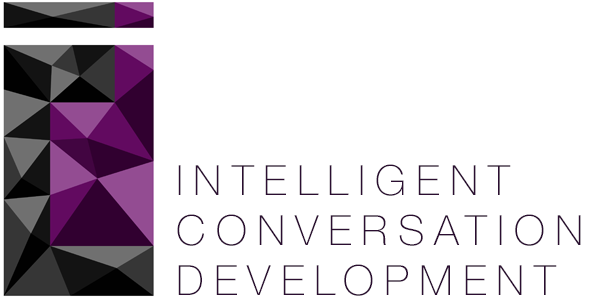Maybe the real questions is...Why wouldn't they be?
Our brain is not designed for 21st-century organisational life. Whilst technology and society have continued to develop, our brain hasn't changed since tribal caveman days, yet we expect them to work effectively in our modern organisations.
How can training based around Neuroscience make a significant difference to you and your team?
1. Some of your employees might be human.
The medical definition of Neuroscience is ‘the science of anatomy, physiology, biochemistry, or molecular biology of nerves and nervous tissue and in particular their relation to behaviour and learning’. This may sound obvious, but if your company is made up of humans, it might be beneficial to understand them a little better. Maybe after you have learned that you are quite literally slapping your employees with daily blunt emails you will understand why morale and engagement is at an all-time low and so understand how to fix it. These skills could also filter into your personal life as I'm sure most of those people you socialise with are also humans.
2. Training with a scientific touch.
Neuroscience helps us provide up-to-date, evidence based training for management & leadership, organisational change, conflict management, employee engagement and graduates. Training which is supported by science isn’t seen as 'fluffy' and doesn’t rely on centuries old theories that haven't been updated in 70 years. That would be the equivalent of training someone on a typewriter then sitting them down at a touch screen tablet and telling them to put their training 'into action'. With neuroscience research underpinning each training session not only will you get the most out of the course but more importantly, you and your team will actually understand how to implement the behavioural changes, therefore, creating a more effective workplace and happier employees. Trust me, their Amygdalas will thank you (hilarious neuroscience joke).
3. Department of the month.
Neuroscience identifies how humans work to their best potential and we use it to highlight things that could be changed in order to improve the performance of your team. By understanding that we all have a rational and primitive brain, employees will learn how their primitive brain hijacks their Pre-frontal cortex (PFC) when they are stressed or put in an unpredictable position. Managers will no longer walk past employees and say ‘I need to speak with you later’ then shoot off. They will instead learn how this causes their employees to resort back to their caveman state of threat so causing productivity to become almost non-existent and copious amounts of cortisol to be released throughout their body. Until that conversation is had and their brain has collected sufficient information, only then will they start to feel safe again. Imagine if your whole team learned how to communicate effectively? Think of the time you would save on a daily basis by not being under threat or unwittingly threatening others.
4. Staying ahead.
Although we are reliant more and more on technology in organisations, the survival and success of a company are dependent on their employee’s ability to think, innovate, adapt and collaborate. Neuroscience research supports that people need to be taught how to communicate effectively even though we have done it our whole lives and the majority of our communication is instinctive, this may however not be a good thing. Humans have been programmed to think negatively in order to survive, so our natural response is to go on the defence and avoid threats. This is not ideal when working in a stressful environment, with deadlines, time pressures and trying to maintain relationships with colleagues and customers. Sound familiar? Organisation who don’t focus their training on a deeper understanding of neuroscience will be at a serious disadvantage in 5 years’ time.
5. You deserve it!
Neuroscience has allowed us to explore the internal and chemical responses in humans. The more we learn about our responses to stimuli the more we can alter behaviour to bring out the best in employees and ourselves. Recently there has been an increased focus on employee well-being at work. This includes the physical, mental and emotional welfare of members of staff. Organisations owe it to their employees to understand what will help keep their brains and minds in a healthier state. By understanding how behaviours and environments can affect people around you, you will be better placed to implement changes that benefit everyone in the organisation whilst improving engagement, productivity and profit.
'Neuroscience provides a lens through which we can better understand ourselves and others'



